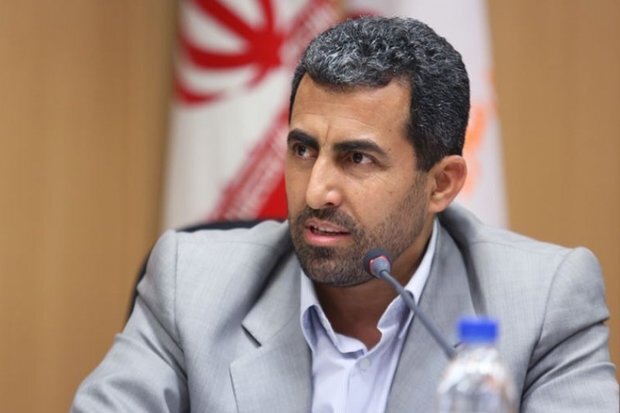Rouhani is not entitled to make changes to the JCPOA, says top MP

TEHRAN – A top lawmaker has said President Hassan Rouhani is not entitled to make any changes to the text of the Joint Comprehensive Plan of Action (JCPOA), a nuclear deal struck in 2015 between Iran and six world powers.
“The president cannot add or remove even a word from Barjam (JCPOA) without permission from the Majlis,” Mehr on Sunday quoted Mohammadreza Pour-Ebrahimi as saying.
“Raising these subjects is with the intention of creating a psychological war so that the Islamic Republic of Iran retreats from its principal stances and its rightful demands,” he added.
According to Reuters, Rouhani told media in New York on Tuesday that he would be open to discussing with major powers “small changes, additions or amendments” to the nuclear deal if sanctions were taken away.
However, Parviz Esmaeili, the presidential office’s director for communications and information, later criticized Reuters for misquoting Rouhani.
“What Reuters quoted Rouhani as saying about his readiness to amend and make changes to the JCPOA is not accurate,” Esmaeili said in a tweet.
“What is accurate is [Iran’s] readiness to shorten the JCPOA implementation time. It was the same 2023 commitment that Zarif talked about, which was the simultaneous ratification of the Additional Protocol at the Iranian Parliament and the final lifting of sanctions in the U.S. Congress and the possibility of negotiation within the framework of the 5+1,” Esmaeili added, Mehr reported.
(5+1 refers to the five permanent members of the UN Security Council plus Germany.)
Also, Foreign Minister Mohammad Javad Zarif, when asked by journalists whether Iran was open to changes in the nuclear pact, said: “No changes to the JCPOA.”
Pour-Ebrahimi, who has served as the head of the Majlis Economic Committee, expressed doubts as to whether Rouhani or Zarif offered to make changes to the text of the JCPOA in their New York trip for the annual UN General Assembly conference.
“Given the straightforward comments by the president and the foreign minister in recent weeks and days, it does not seem that such stance was raised by Iran,” the MP added.
Tensions have spiked between Tehran and Washington since last year when U.S. President Donald Trump exited the nuclear pact and imposed sanctions on the Islamic republic that were lifted under the agreement and added new ones.
In retaliation for the U.S. “maximum pressure” policy, Iran has gradually reduced its commitments to the pact and plans to further reduce its commitments if the European parties to the deal fail to keep their promises to shield Iran’s economy from U.S. penalties.
Leader of the Islamic Revolution Ayatollah Ali Khamenei said recently that Iran could engage in multilateral discussions if the United States returned to the deal and lifted sanctions, but ruled out any possibility of talks with Washington under pressure.
Rouhani and Zarif have also repeatedly rejected the notion of entering a new round of talks with the U.S. before it returned to the JCPOA and lifted the sanctions.
No new deal before compliance with the current one, Zarif wrote on his Twitter account last week.
According to Rouhani, Iran has no fear of talks and it is the United States which hinders negotiations.
“We have clearly said that we are ready for talks, but not in the atmosphere of sanctions and pressure,” he told reporters upon arrival in Tehran on Friday.
MH/PA
